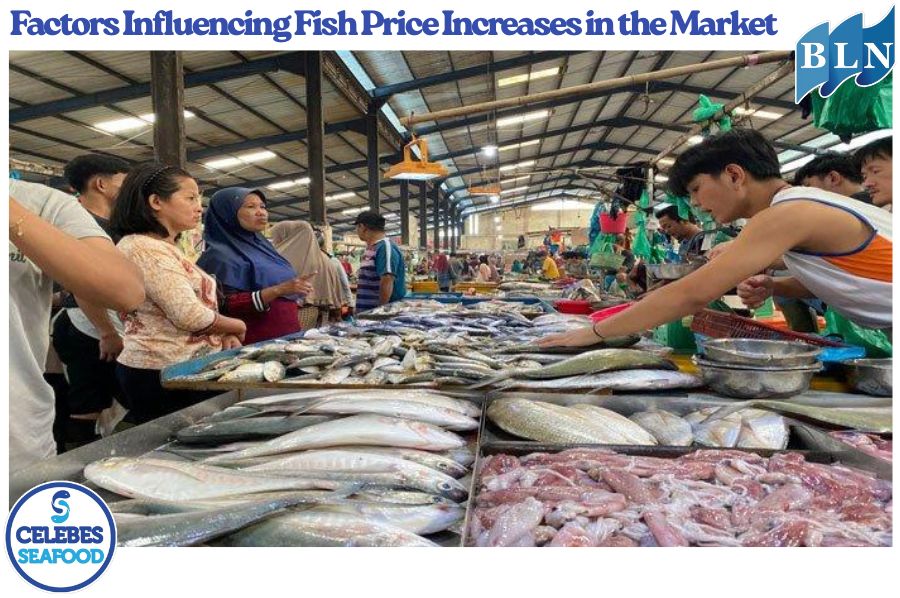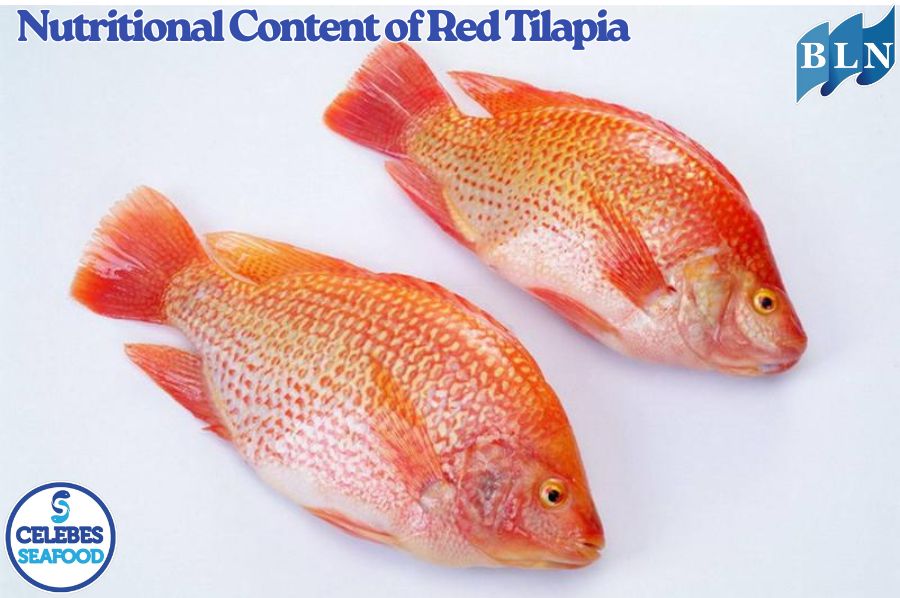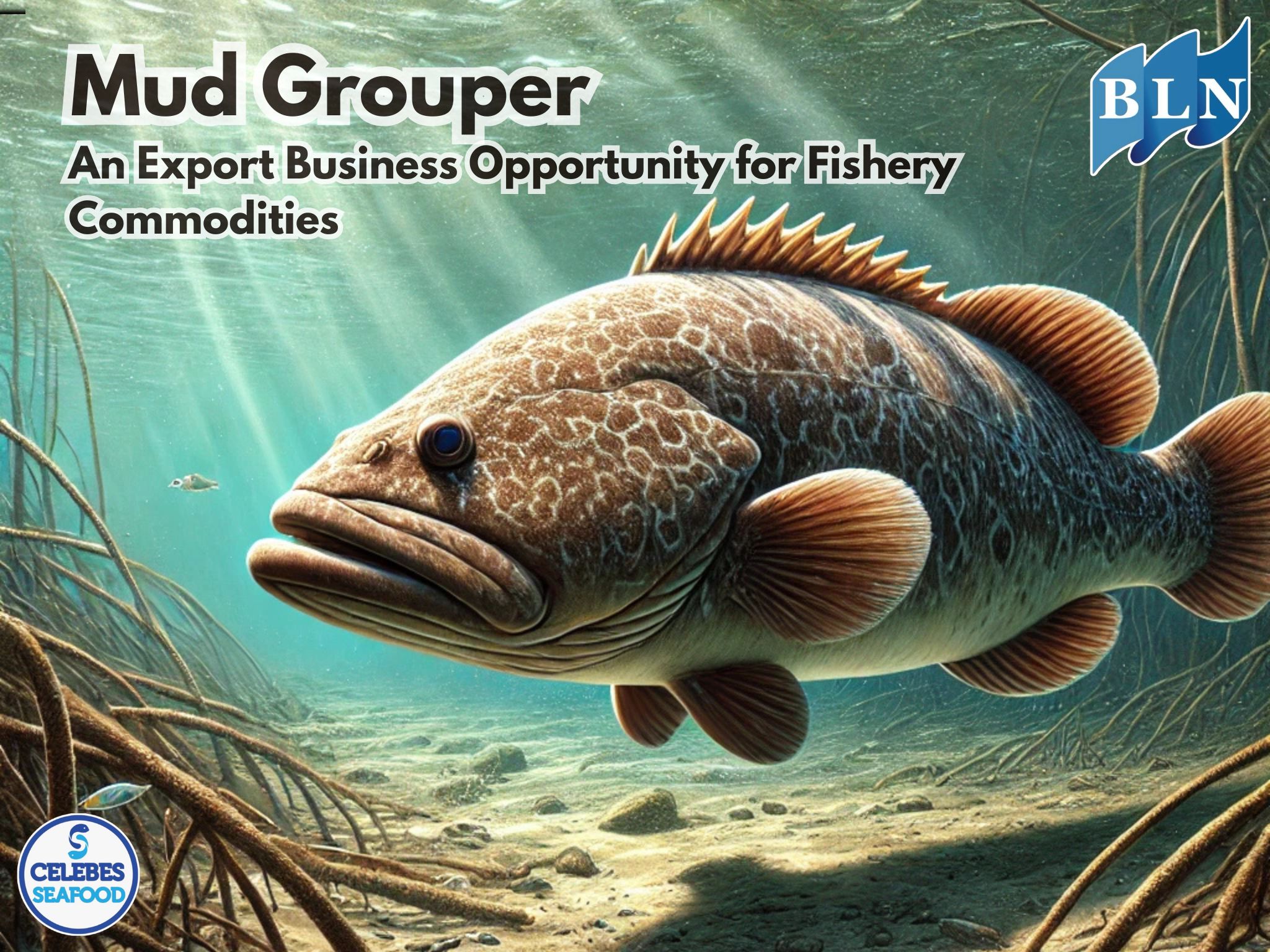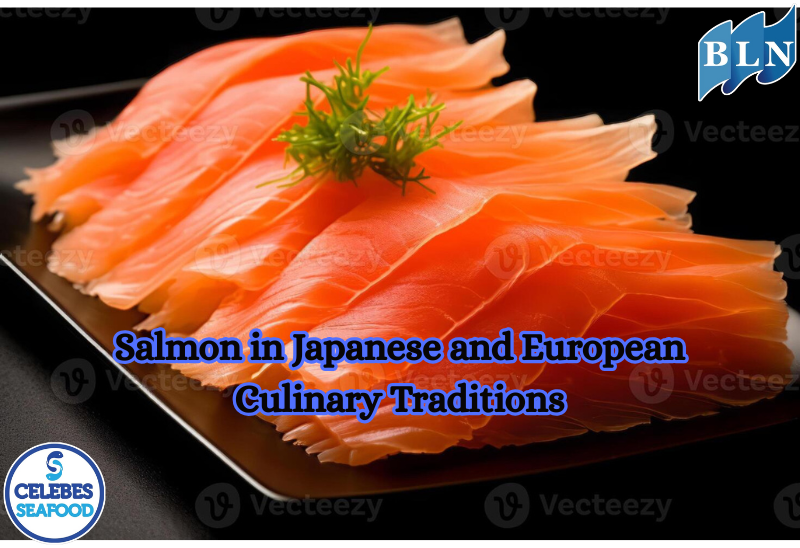The Impact of Cold Chain on Global Quality Sustainability
By. Rani - 22 Jan 2025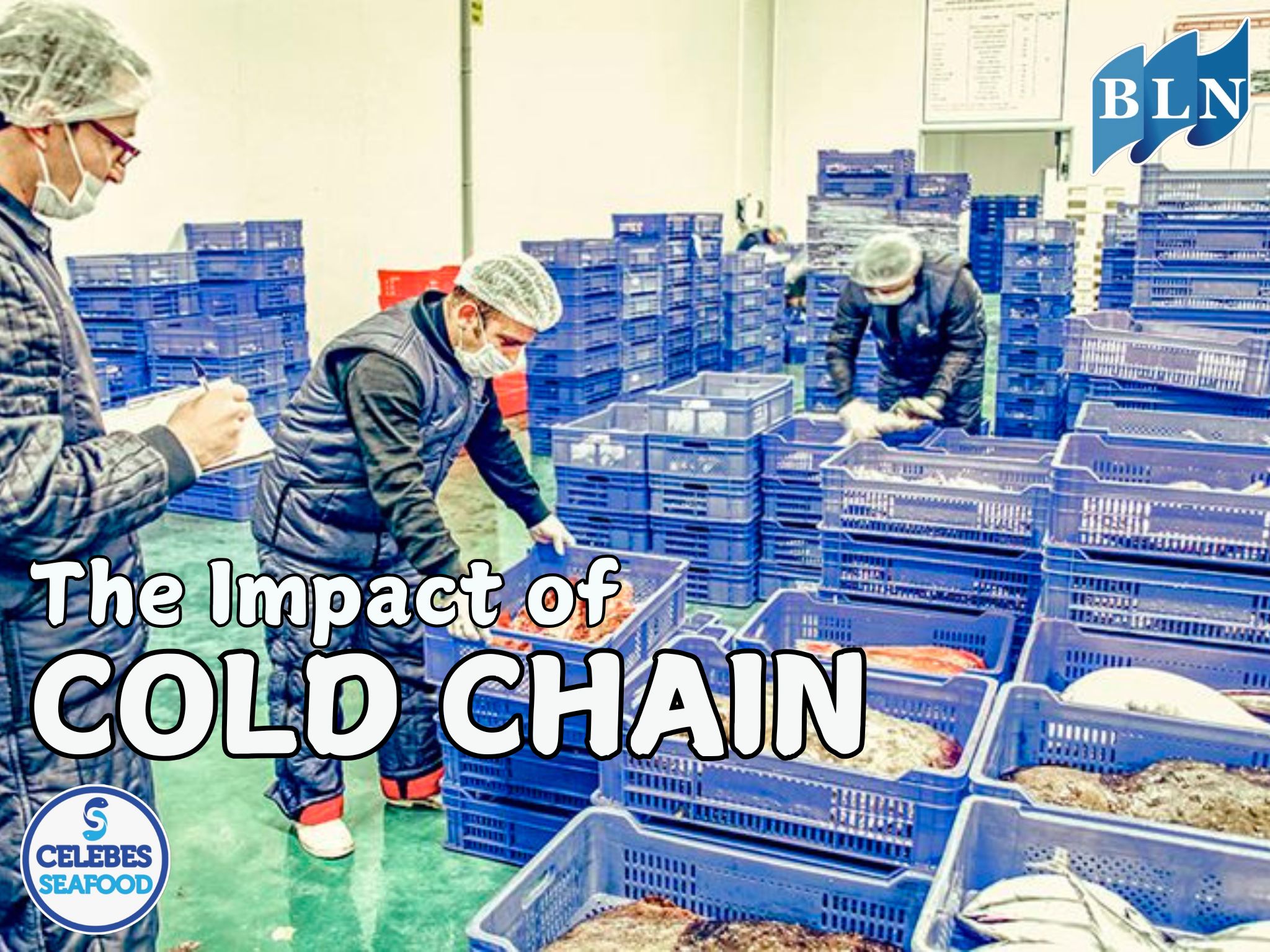
lautnusantara.com The cold chain plays a critical role in maintaining the quality of temperature-sensitive products, such as food, pharmaceuticals, and chemicals. By ensuring products remain at ideal temperatures during storage and transportation.
The cold chain supports global quality sustainability in the following ways :
1. Maintaining Product Quality.
Products such as meat, fish, milk, fruits, and vegetables are susceptible to damage if not stored at the right temperature. The cold chain maintains texture, taste, color, and nutritional value, ensuring that product quality is maintained from producer to consumer.
2. Product Safety.
The cold chain inhibits the growth of microorganisms that can cause damage or contamination of products. This is very important to prevent the spread of diseases originating from damaged food or medical products.
Read Also : Application of Cold Chain System
3. Support for Pharmaceutical Products.
Vaccines, medicines, and active pharmaceutical ingredients require certain temperatures to remain effective. The cold chain ensures that these products reach their destination in optimal condition, supporting quality assurance in global healthcare.
4. Minimizing Economic Losses.
Product damage due to inappropriate temperatures can cause significant losses for industry players. The cold chain reduces this risk, supporting economic stability in international trade, especially for high-value products such as seafood or fresh produce.
5. Strengthening Consumer Trust.
Products that remain high quality until they reach consumers increase trust in brands and global markets. This is important in maintaining sustainable business relationships.
6. Supporting Compliance with Global Standards
Cold chains help companies comply with international quality standards such as HACCP (Hazard Analysis and Critical Control Points) for food and GDP (Good Distribution Practice) for pharmaceutical products, which are key requirements in global trade.
Read Also : Fish Preservation Methods in the Food and Fisheries Industry
Challenges to be Overcome
Infrastructure Gap: Not all countries have adequate cold chain infrastructure, which threatens product quality.
High Cost: Implementing cold chain technology requires significant investment, especially in developing countries.
Environmental Impact: Refrigeration systems contribute to carbon emissions, making green technology innovation a priority.
With technological advancements and strategic investments, the cold chain can continue to support global quality sustainability, ensuring products reach consumers in the best condition.
If you are interested in our Slipper Lobster Meat, Calamari Whole Round, Cuttlefish Whole Round please do not hesitate to contact us through email and/or whatsapp.
 in Protecting Shrimp Commodities from Radioactive Contamination.png)
